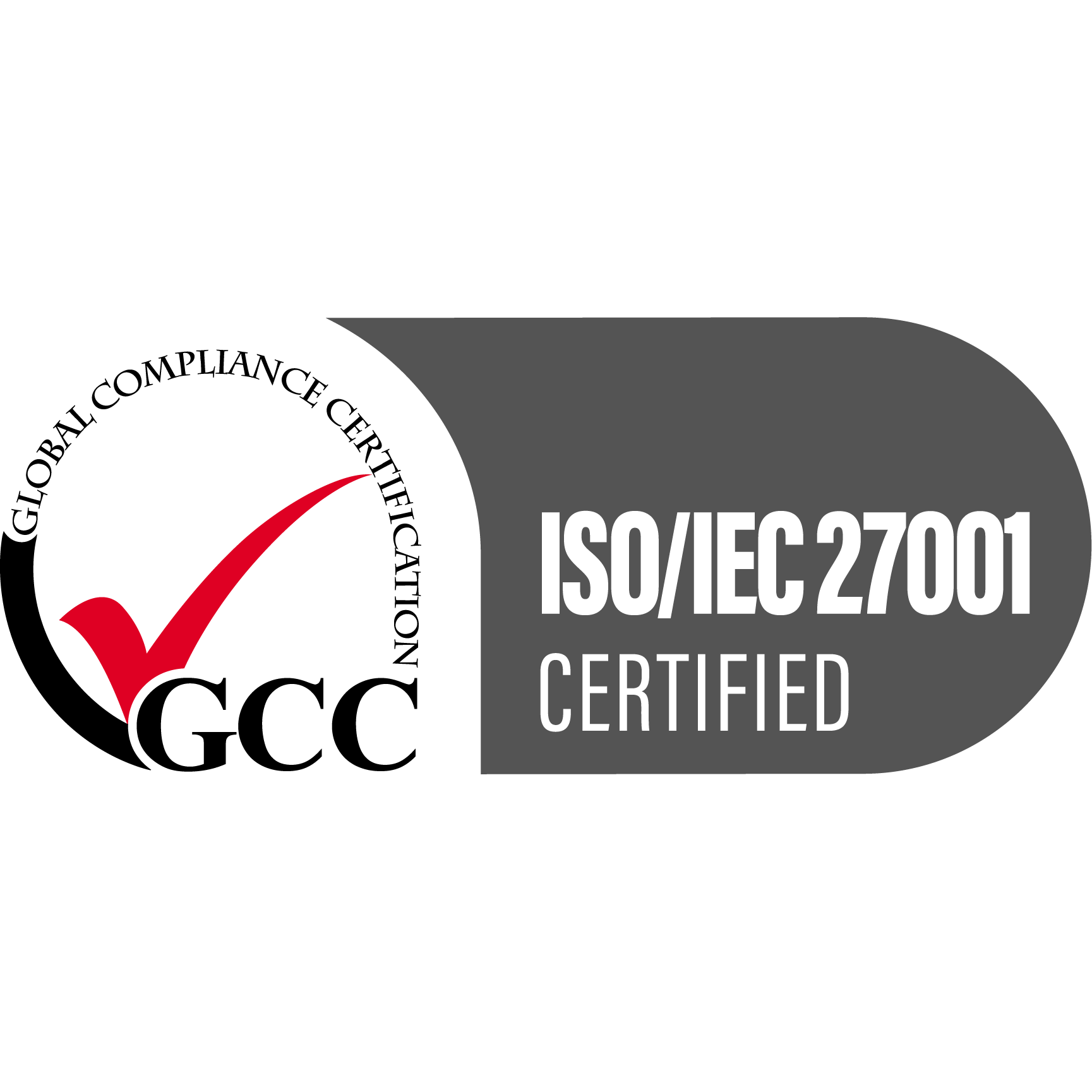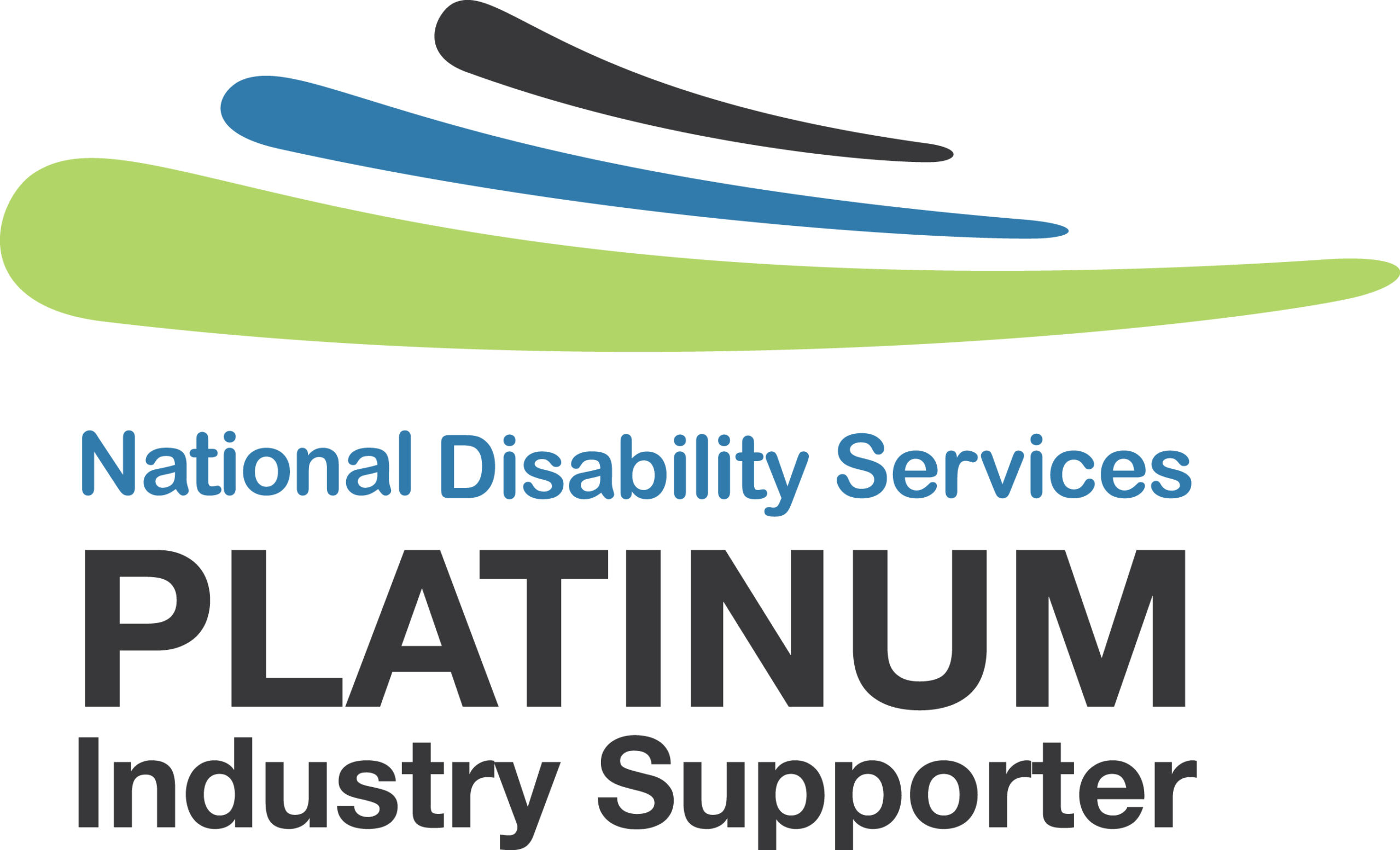With the Federal Government declaring its intent to reduce fraud within the National Disability Insurance (NDIS), we’re seeing changes to the scheme come thick and fast, not least the evolution of Payment Integrity Audits (PIAs).
And look, we get your concern: any change, particularly those that revolve around audits, induce some level of fear. But we’re here to offer some helpful tips to prepare you for PIAs, so that you confidently pass them with flying colours.
We’ve covered the transition to claim reviews previously, but this guide is all about the practical: we’ll explore what PIAs mean for your business and what you need to do when they occur.
Why are there Payment Integrity Audits?
After increased media scrutiny around the NDIS’s long-term sustainability, the former Minister for the NDIS, the Hon Bill Shorten, announced a review into the scheme in October 2022, with its Final Report published in October 2023.
Although the Federal Government has yet to formally respond to the report, it’s heralded a suite of changes—including the new funded NDIS supports list, which more strictly articulates what NDIS participants can and cannot spend their funds on.
In conjunction with these numerous changes, the Federal Government’s Fraud Fusion Taskforce (FFT) has begun investigating billions of dollars of NDIS claims, to offset its soaring growth. We’ve all seen this play out in the media.
Practically, this all points to the NDIA tightening its grip on funding, with PIAs one step towards ensuring providers are correctly claiming. This puts the onus back onto the providers, with many—like yourself—no doubt already doing the right thing.
What is a Payment Integrity Audit?
A PIA is a mechanism that a dedicated team at the NDIA uses to check the validity of claims. A PIA begins with a request from the NDIA seeking more information about a claim that your business has submitted, to confirm the supports that you delivered.
PIAs can be for both NDIS-registered and non-registered providers, for supports delivered to Agency managed, plan managed, and self-managed participants. In simple terms, every provider should be ready for them.
However, services such as Short Term Accommodation (STA), Supported Independent Living (SIL), Support Coordination, and Allied Health supports seem to be experiencing PIAs at a higher frequency.
As we’ve discussed in a previous post, PIAs are traditionally undertaken prior to a claim being paid, but can sometimes take places post payment. Regardless, you need to know what to do when you get a request from the NDIA as part of a PIA.
What is does the process for a Payment Integrity Audit look like?
The dedicated PIA team at the NDIA will email you, telling you that they’re conducting a PIA and requesting more information, with a reference number. If they haven’t paid the relevant claim yet, the NDIA will freeze the funds until the claim is completed.
When the NDIA is satisfied, they will unfreeze the funds and pay you within the usual timeframe; however, if they aren’t, the payments will be cancelled, and you won’t receive the funds. If it’s a PIA post payment, the NDIA will deduct the amount from your next claim.
Our friends at Disability Services Consulting (DSC) found a legal case that reveals the median amount of time it takes to complete a PIA is 60 days, so it’s important you’re ready when the NDIA requests information.
How can your business prepare for a Payment Integrity Audit?
As is the case with most things related to the NDIA, good record-keeping is your saving grace, ensuring that you have the necessary information to quickly and easily complete a PIA – and get paid for services that you’ve delivered.
This means you need a robust Customer Relationship Management (CRM) system that evidences what services you’ve delivered, including:
- service agreements
- schedule of supports
- participant care plans
- rosters and timesheets
- case notes.
A CRM that enables an employee to log into shifts can also prove highly beneficial, as it demonstrates precisely when an employee began and ended their shift. We can’t stress this enough: there is no such thing as too much information.
Just as important is an accurate invoicing system, with any invoices that you submit containing:
- the participant’s name
- the participant’s NDIS number
- services delivered, including a description, line item, and quantity
- the price for each unit and a total price
- your business details, including ABN, address, email, and phone number
- your bank details, including account name, BSB, and account number.
Again, we hear you: this is a lot of information. But being ready speeds up PIAs and will help you more easily complete. We’re also here to help, so reach out to our team to learn how we can support you in claiming.
























